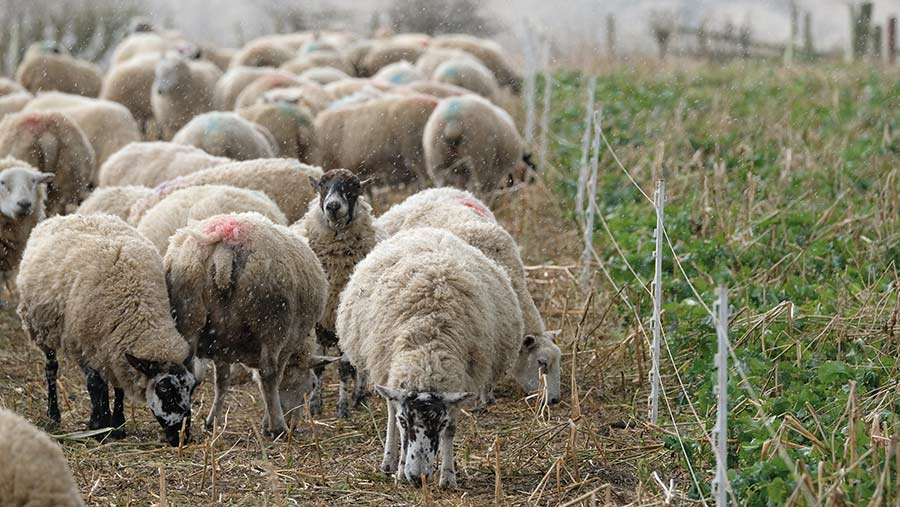Bluetongue control zone restrictions due to be lifted
 © Tim Scrivener
© Tim Scrivener Livestock farmers in Norfolk and Kent will soon be able to move animals more freely again, with temporary control zones (TCZs) for bluetongue due to be removed amid lower midge activity.
The UK’s chief veterinary officer, Christine Middlemiss, wrote on social media platform X, on 9 February: “As our bluetongue monitoring says we are now in the vector low period, we are announcing that the Norfolk and Kent TCZs will shortly be lifted.
“In coming days, we [will be in] contact with farmers who have individual premises under restrictions.”
See also: Relaxed movement rules for farmers in bluetongue zones
Biting midges which spread the disease are most active between April and November when there are warmer conditions and they are actively feeding.
An Animal and Plant Health Agency (Apha) update said: “Low temperatures also mean that the virus cannot replicate in the midge, so even if a midge does feed on an infected animal, the risk of transmission to another animal is very low.”
As of 7 February, there had been 86 bluetongue cases in England across almost 50 different holdings since the autumn outbreak began.
Movement restrictions within the zones were already eased slightly earlier in February for animals which had tested negative.
Aled Edwards, head of field delivery England at Apha, said: “Apha teams will continue to work closely with farmers as these changes take effect to issue licences when conditions are met, and ensure moves can take place where there is no risk of disease spreading.”
Infected animals will still be restricted from movements, but will no longer necessarily be culled if they are found to have bluetongue virus (BTV) antibodies and to have had an older infection.
No vaccine is available or in commercial production yet for the most recent BTV-3 strain, which has been found in the UK following major outbreaks affecting livestock farms in the Netherlands and Belgium.
